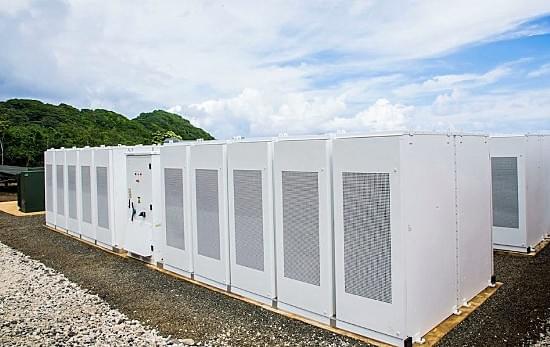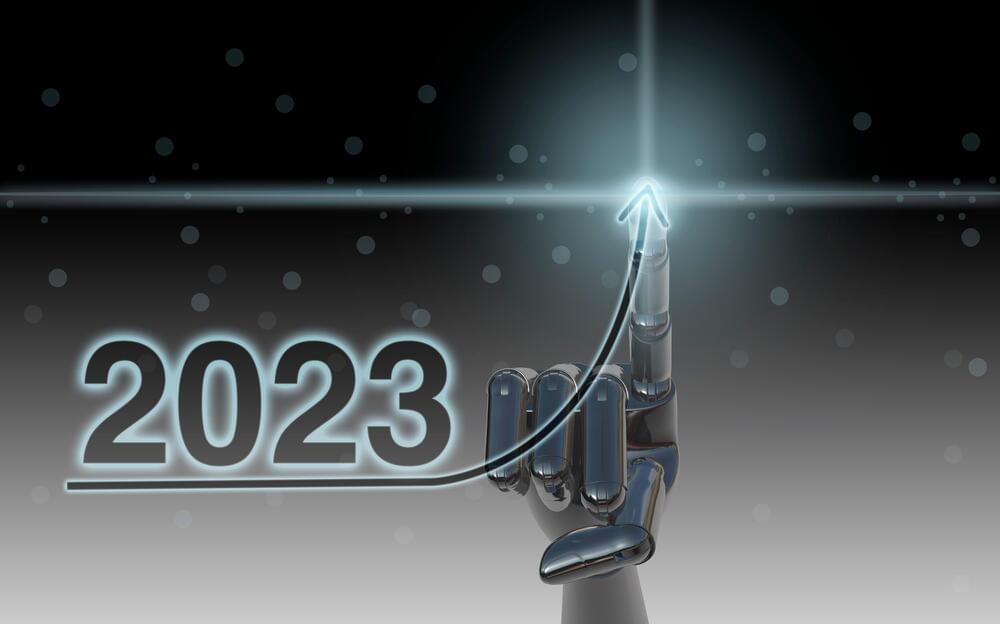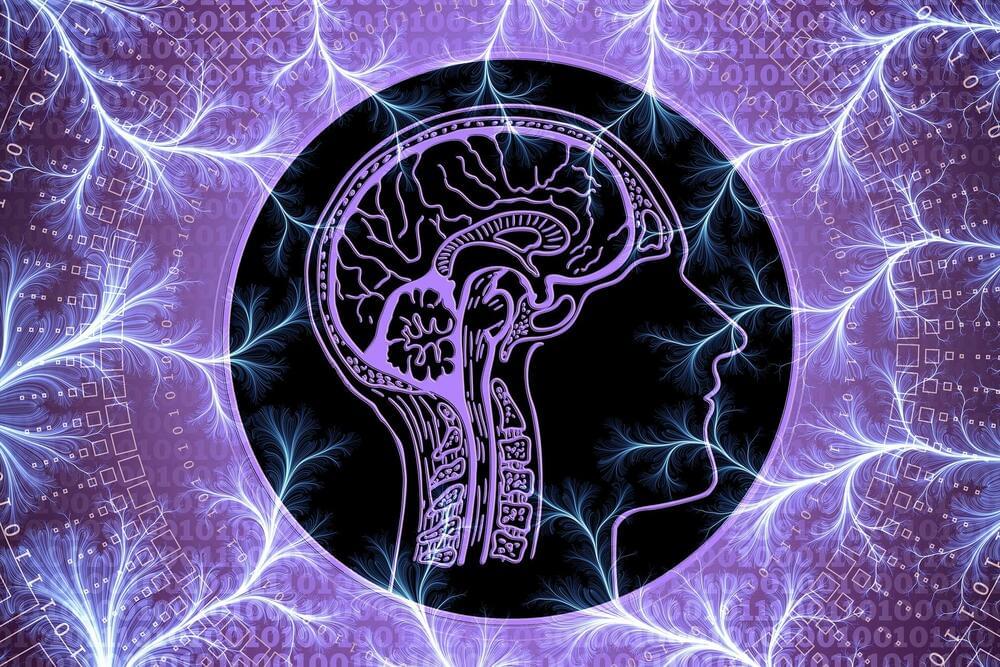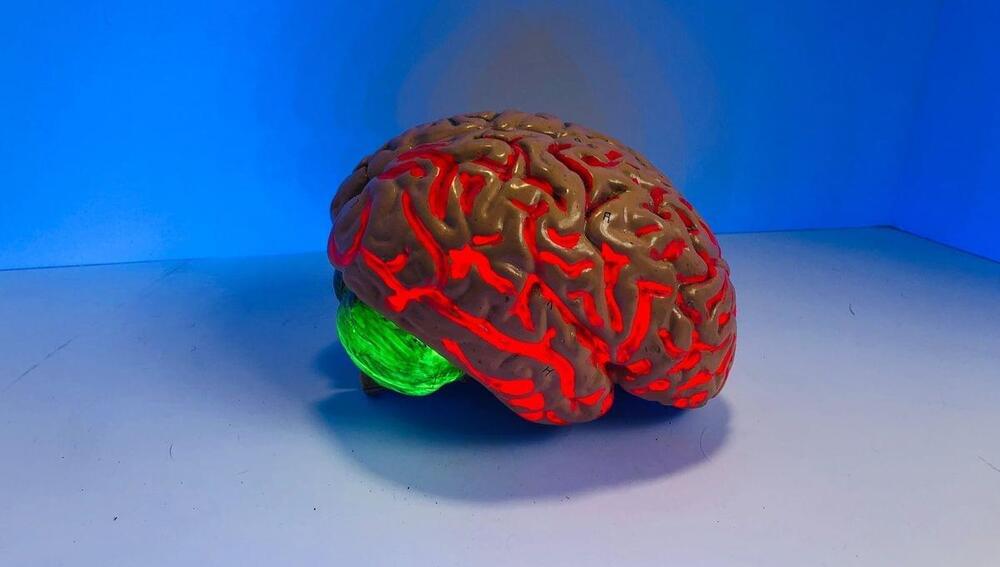Depression is a difficult illness. Not only does it make you feel like crap, but like so many primarily mental illnesses, it also comes with a bucketful of misinformation and misconceptions surrounding it. Even medical specialists, whom you’d expect to be the authorities on the matter, are stumped by some aspects of the disease – the truth is, while humanity may be more informed than ever on matters of the brain, we still really don’t know what’s going on inside of it when it glitches like this.
But that may soon change. Researchers based at Baylor College of Medicine in Houston, Texas, claim to have developed what they call a “mood decoder” – a way of reading people’s emotional state just from looking at brain activity.
“This is the first demonstration of successful and consistent mood decoding of humans in these brain regions,” Baylor College neurosurgeon and project lead Sameer Sheth told MIT Technology Review. And the best part? The team have also found a way to stimulate a positive mood in patients’ brains.







